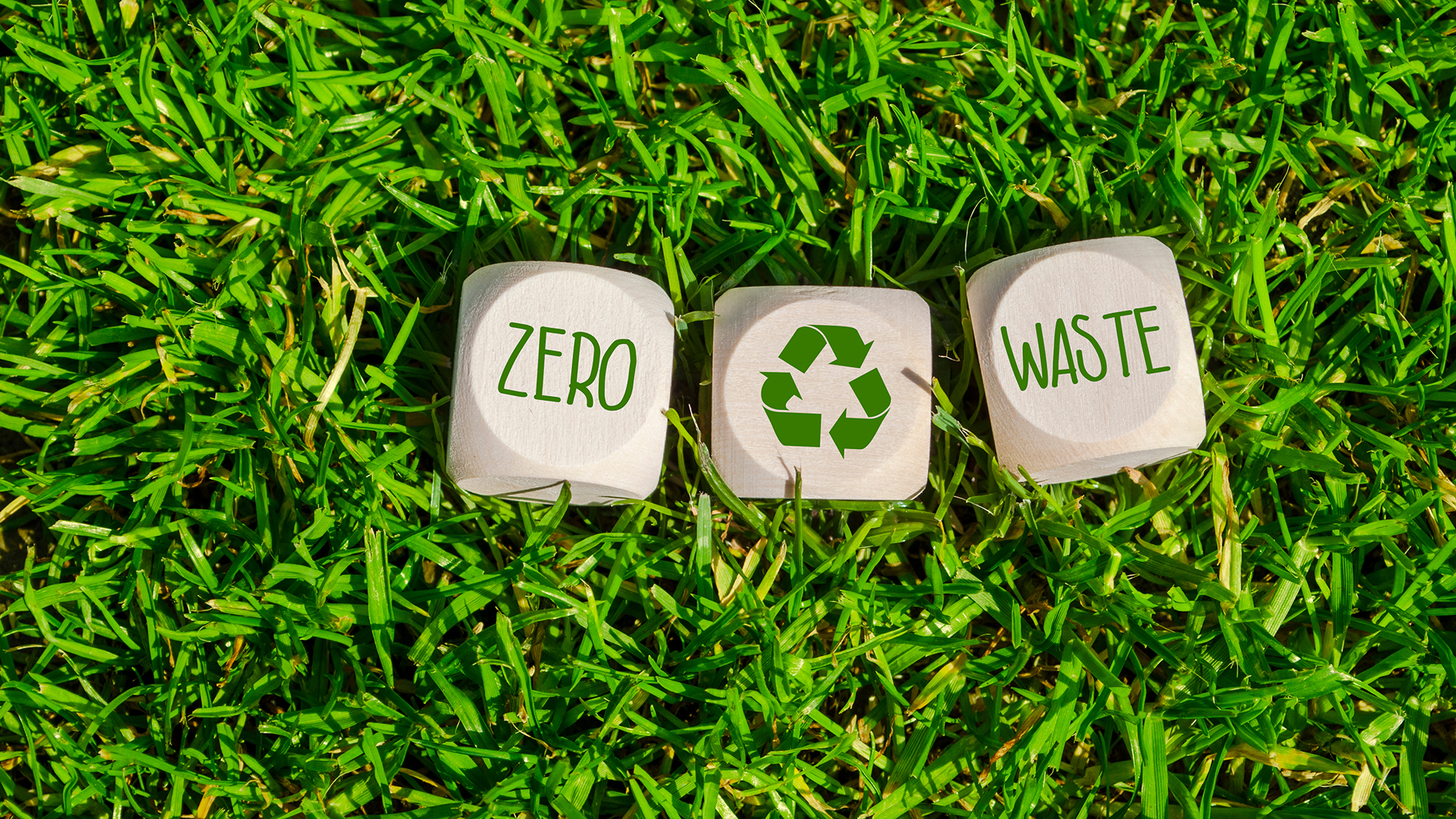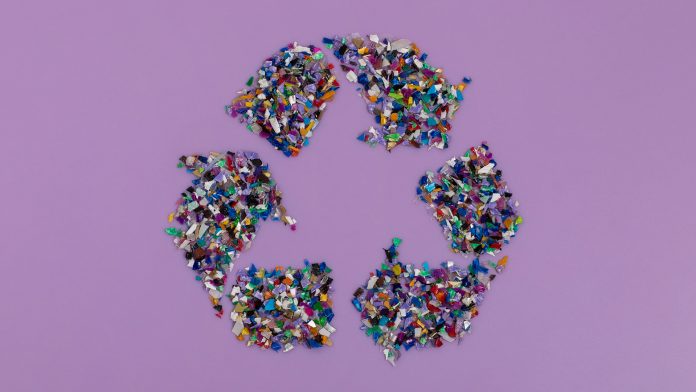Researchers from the Oxford Martin Programme on the Future of Plastics, University of Oxford, have unveiled an ambitious blueprint to drive a plastic circular economy.
Steering the global plastics industry towards a circular plastics economy will be essential for sustainability and achieving a net zero carbon footprint.
Their findings, published in the journal Nature, offer a comprehensive strategy that challenges prevailing technical, economic, and policy paradigms driving the current plastic economy.
The urgent need for change in the plastic industry
The current trajectory of the global plastics system is alarming, with annual carbon dioxide equivalent emissions surpassing one gigatonnes (Gt/annum).
Shockingly, this figure rivals the combined emissions of Europe’s largest economies – the UK, Germany, and France.
Without intervention, experts warn that these emissions could surge to 4-5 Gt/annum, exacerbating environmental degradation and climate change concerns.
Compounding this issue is the landscape of plastic recycling, with a mere 9% of the world’s plastic waste being recycled in 2019.
Four targeted strategies to develop a circular plastic economy
The researchers advocate for a paradigm shift, outlining four key targets essential for transitioning the plastics industry to a sustainable and net zero emissions model:
- Reduction in plastics demand: Proposing a 50% reduction in future plastics demand by substituting and eliminating excessive plastic usage;
- Transition to renewable sources: Advocating for a shift in plastic manufacturing processes to utilise renewable raw materials such as waste biomass and carbon dioxide, thereby reducing reliance on fossil fuels;
- Maximised recycling: Setting a target of 95% recycling for recoverable plastics, significantly enhancing current recycling rates; and
- Integration with renewable energy: Calling for the integration of plastic manufacturing and recycling with renewable energy sources while minimising other negative environmental impacts.
Study co-author Cameron Hepburn, Battcock Professor of Environmental Economics at Oxford’s Smith School of Enterprise and the Environment, said: “The problem is that plastics, while contributing hugely to global pollution and greenhouse gas emissions, are extraordinarily useful.
“Our research finds that creating a circular economy for plastics in order to reduce their negative impacts is possible, but only if we can reduce future demand by half, switch to renewable plastics that aren’t made from fossil fuels, recycle 95% of what’s left, and minimise environmental impacts at every step of the process.
“The challenge is enormous, but we present a roadmap to transform the whole system, including through the smart design of plastics, economic and legal interventions, and a shift away from overconsumption.”

Collaborative action is essential
The authors stress the importance of coordinated action across all four target areas to mitigate climate impacts and align with UN Sustainable Development Goals.
They emphasised the necessity of ‘smart materials design’ and the differentiation between recoverable and irretrievable plastics.
The proposed principles prioritise optimal production methods, resource utilisation, performance delivery, waste management, and environmental impact reduction to develop a plastic circular economy.
Charlotte Williams, Professor of Chemistry at the University of Oxford’s Department of Chemistry and lead author, explained: “We need plastics and polymers, including for future low emission technologies like electric vehicles, wind turbines, and for many essential everyday materials.
“Our current global plastics system is completely unsustainable, and we need to be implementing these series of very bold measures at scale, and fast. This is a solvable problem, but it needs coherent and combined action, particularly from chemical manufacturers.”
Path to net zero plastics
A timeline of technical, economic, policy, and legal interventions accompanies the study, providing stakeholders with a roadmap to achieve net zero emissions by 2050.
By adhering to these principles and targets, the researchers believe that a sustainable and net zero plastic economy is attainable.









